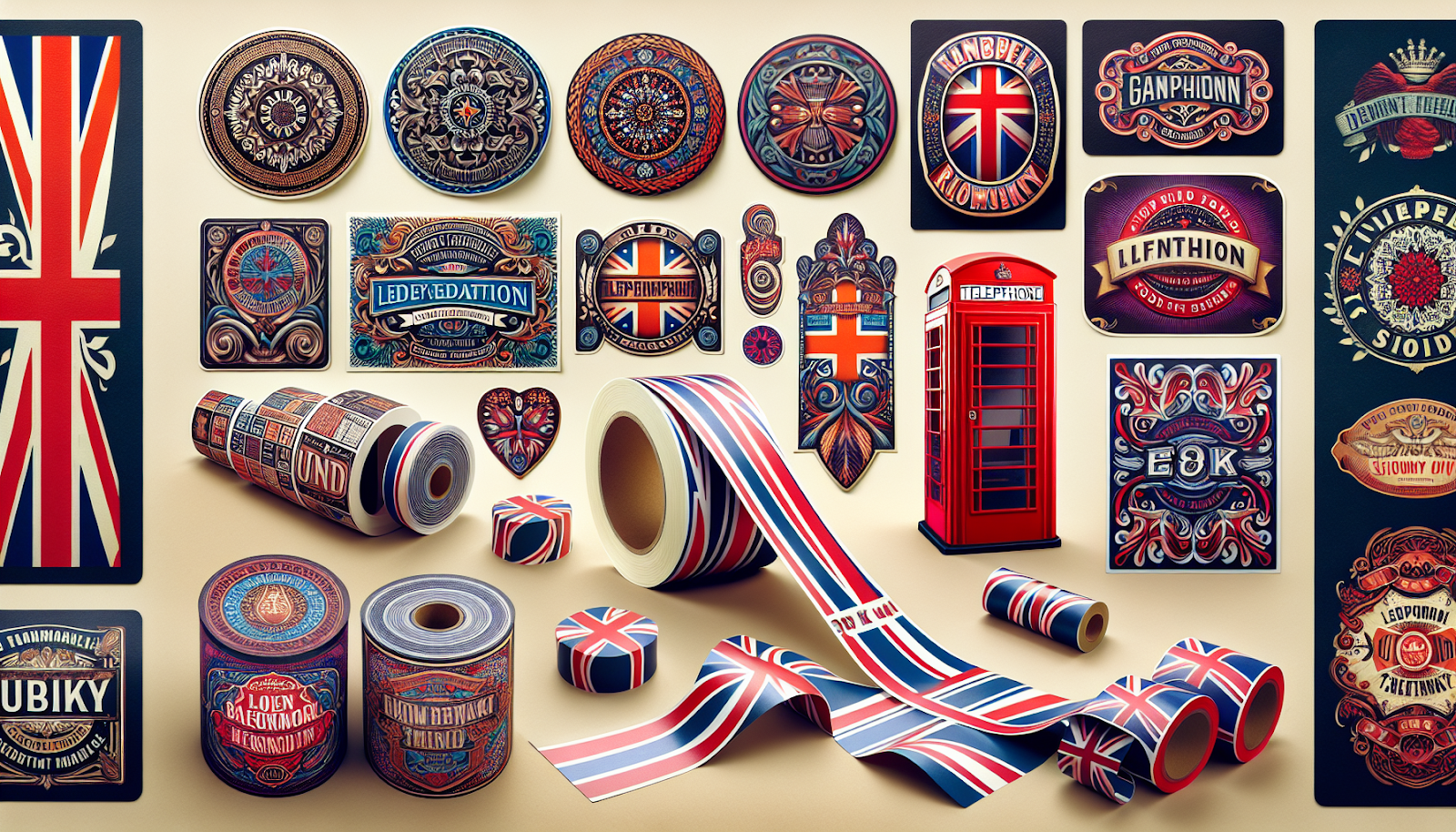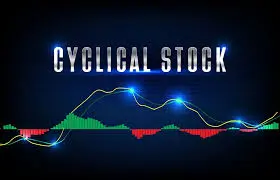Introduction
In the rapidly evolving world of product packaging and branding, printed labels play a crucial role in attracting customers and conveying important information. The UK, with its thriving business landscape and consumer-driven market, is at the forefront of label printing innovations. In this comprehensive article, we will explore the latest trends, technologies, and expectations in the realm of printed labels in the UK, with a specific focus on the keywords “printed labels uk” and “label printing uk.”
The Importance of Printed Labels in the UK Market
Printed labels serve multiple purposes in the UK market, including:
Product Identification and Branding
Labels are essential for identifying products and establishing brand identity. They help consumers recognize and differentiate between various products on store shelves, making it easier for them to make informed purchasing decisions.
Conveying Important Information
Labels also serve as a means to communicate crucial information to consumers, such as ingredients, nutritional facts, usage instructions, and safety warnings. In the UK, strict regulations govern the information that must be included on product labels to ensure consumer safety and transparency.
Enhancing Product Appearance and Appeal
Well-designed and visually appealing labels can significantly enhance the overall appearance of a product, making it more attractive to potential buyers. Innovative label designs, vibrant colours, and unique finishes can help products stand out in a competitive market.
Advancements in Label Printing Technologies
The UK has witnessed significant advancements in label printing technologies, enabling businesses to create high-quality, visually striking labels more efficiently and cost-effectively.
Digital Printing
Digital printing has revolutionised the label printing industry, offering several advantages over traditional printing methods. With digital printing, businesses can produce shorter print runs, personalised labels, and achieve faster turnaround times. This technology allows for greater flexibility and customization, making it ideal for small businesses and startups.
Flexographic Printing
Flexographic printing, or flexo printing, is a popular choice for high-volume label printing in the UK. This method uses flexible relief plates to transfer ink onto the label material, resulting in high-quality, consistent prints. Flexo printing is suitable for a wide range of materials, including paper, plastic, and metallic labels.
Hybrid Printing
Hybrid printing combines the benefits of digital and flexo printing, allowing businesses to achieve the best of both worlds. This innovative approach enables the integration of variable data, such as barcodes, serial numbers, and personalised information, with the high-quality, cost-effective output of flexo printing.
Sustainable and Eco-Friendly Label Solutions
As environmental consciousness grows among UK consumers, businesses are increasingly seeking sustainable and eco-friendly label solutions.
Recycled and Recyclable Materials
Many label manufacturers in the UK now offer labels made from recycled materials, such as post-consumer waste paper and plastic. These labels not only reduce the environmental impact of packaging but also appeal to environmentally conscious consumers.
Biodegradable and Compostable Labels
Biodegradable and compostable labels are gaining popularity in the UK, especially for products in the food and beverage industry. These labels are designed to decompose naturally, reducing the amount of waste that ends up in landfills.
Minimising Label Size and Waste
Businesses are also focusing on minimising label size and waste to reduce their environmental footprint. By optimising label designs and using materials efficiently, companies can minimise the amount of waste generated during the label printing process.
Smart and Interactive Labels
The UK market is witnessing a growing trend of smart and interactive labels that enhance consumer engagement and provide additional functionality.
QR Codes and Augmented Reality
Labels featuring QR codes and augmented reality (AR) elements allow consumers to access additional information, promotional content, or interactive experiences by scanning the label with their smartphones. This technology enables businesses to create immersive and engaging brand experiences.
NFC and RFID Labels
Near Field Communication (NFC) and Radio Frequency Identification (RFID) labels enable contactless communication between the label and a reader device. These labels can be used for product authentication, inventory management, and customer engagement, offering a range of possibilities for businesses in the UK.
Personalization and Customization
Personalised and customised labels are becoming increasingly popular in the UK, as businesses seek to create unique and targeted packaging solutions.
Variable Data Printing
Variable data printing allows businesses to personalise labels with individual names, addresses, or other unique information. This technology is particularly useful for direct mail campaigns, promotional events, and limited-edition products.
Short Print Runs and On-Demand Printing
With the advent of digital printing, businesses in the UK can now order shorter print runs and benefit from on-demand printing. This flexibility allows companies to test new label designs, cater to seasonal demands, and reduce inventory costs.
Label Design Trends in the UK
The UK market is known for its innovative and trendy label designs that capture the attention of consumers.
Minimalism and Simplicity
Clean, minimalist label designs with simple typography and ample white space are gaining popularity in the UK. These designs convey a sense of sophistication and allow the product to speak for itself.
Bold Colours and Patterns
On the other hand, some businesses are opting for bold, eye-catching colours and patterns to make their products stand out on store shelves. Vibrant hues and geometric shapes can create a strong visual impact and attract consumers’ attention.
Vintage and Retro Styles
Vintage and retro-inspired label designs are also trending in the UK, particularly for artisanal and craft products. These designs evoke a sense of nostalgia and authenticity, appealing to consumers who value tradition and quality.
Regulatory Compliance and Legal Requirements
Businesses in the UK must ensure that their labels comply with various regulatory and legal requirements.
Food and Beverage Labelling
Food and beverage products must adhere to strict labelling regulations, including the display of ingredients, allergens, nutritional information, and best-before dates. The UK Food Standards Agency provides guidance on food labelling requirements.
Chemical and Hazardous Substance Labelling
Labels for chemical and hazardous substances must include appropriate hazard symbols, risk and safety phrases, and precautionary statements. The Classification, Labelling, and Packaging (CLP) Regulation governs the labelling of these products in the UK.
Textile and Garment Labelling
Textile and garment labels must include information on fibre content, care instructions, and country of origin. The UK follows the European Union’s Textile Regulation for labelling requirements.
The Future of Printed Labels in the UK
As technology advances and consumer preferences evolve, the future of printed labels in the UK looks promising.
Continued Innovation
Label printing companies in the UK are expected to continue investing in innovative technologies and solutions to meet the changing needs of businesses and consumers. This may include the development of new materials, printing techniques, and smart label features.
Increased Focus on Sustainability
With growing environmental concerns, the demand for sustainable and eco-friendly label solutions is likely to increase in the UK. Businesses will need to prioritise the use of recycled, biodegradable, and compostable materials in their label production.
Integration with Digital Technologies
The integration of printed labels with digital technologies, such as QR codes, AR, NFC, and RFID, will become more prevalent in the UK market. These technologies will enable businesses to create more engaging and interactive packaging experiences for consumers.
Conclusion
Printed labels play a vital role in the UK’s dynamic and competitive market, serving as a powerful tool for product identification, branding, and consumer engagement. With advancements in printing technologies, sustainable solutions, smart label features, and innovative design trends, businesses in the UK have a wealth of opportunities to create compelling and effective labels that resonate with their target audiences.
As the market continues to evolve, label printing companies in the UK must stay at the forefront of these innovations, offering cutting-edge solutions that meet the diverse needs of businesses across various industries. By embracing new technologies, prioritising sustainability, and delivering high-quality, visually appealing labels, these companies can help their clients succeed in the ever-changing landscape of product packaging and branding.




